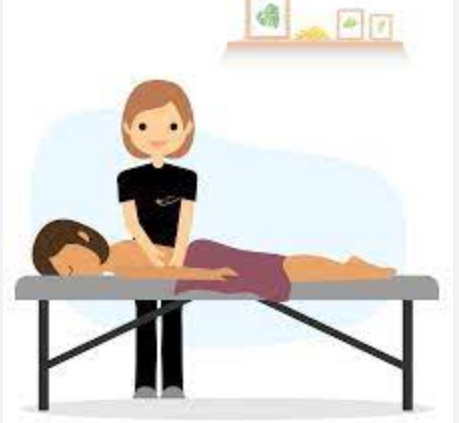Addiction isn’t just about the physical dependence on a substance, but also about deeply rooted psychological behaviors and patterns. As a result, psychiatry plays a significant role in addiction treatment and rehabilitation. Dr Michael Vivian will discuss how psychiatry can improve the success rate of addiction treatment.
Dual Diagnosis Treatment
Many adults struggling with addiction also suffer from other mental health disorders such as depression, anxiety, bipolar disorder, and PTSD, among others – a condition known as dual diagnosis. Psychiatrists are uniquely qualified to address both these issues cohesively because of their in-depth understanding of how they interrelate.
Counseling and Therapy
Psychiatric counseling and therapeutic interventions are core components of any comprehensive addiction treatment program. Cognitive-behavioral therapy can aid in identifying destructive behavioral patterns and learning healthier coping mechanisms.
Group therapy, facilitated by a psychiatrist, creates a supportive environment for people to share their experiences, learn from others, and build a recovery-oriented community. And lastly, family therapy can help mend strained relationships and foster a supportive home environment.
Medication-Assisted Treatment
In some cases, medication may be used as part of an addiction treatment plan. Psychiatrists have the necessary knowledge in prescribing medications to help manage withdrawal symptoms during detoxification. For clients with dual diagnosis, they manage the pharmacology for both the addiction and the mental health disorder.
How Psychiatry Can Improve Success Rates in Addiction Treatment
Dr Michael Vivian Ventura CA If you understand the significant role psychiatry can play in addiction treatment, then it makes sense that it can also greatly improve addiction treatment success rates. By examining and addressing the mental health issues underlying addiction, psychiatrists can treat the root causes rather than just the symptoms of addiction, reducing the chances of relapse.
Every patient’s pathway to addiction is different. Psychiatrists help design treatment plans tailored to the specific needs and circumstances of each person, improving the efficacy of the treatment. Lastly, psychiatrists provide long-term treatment, follow-up, and support even post-rehabilitation, aiding in long-term recovery and relapse prevention.



